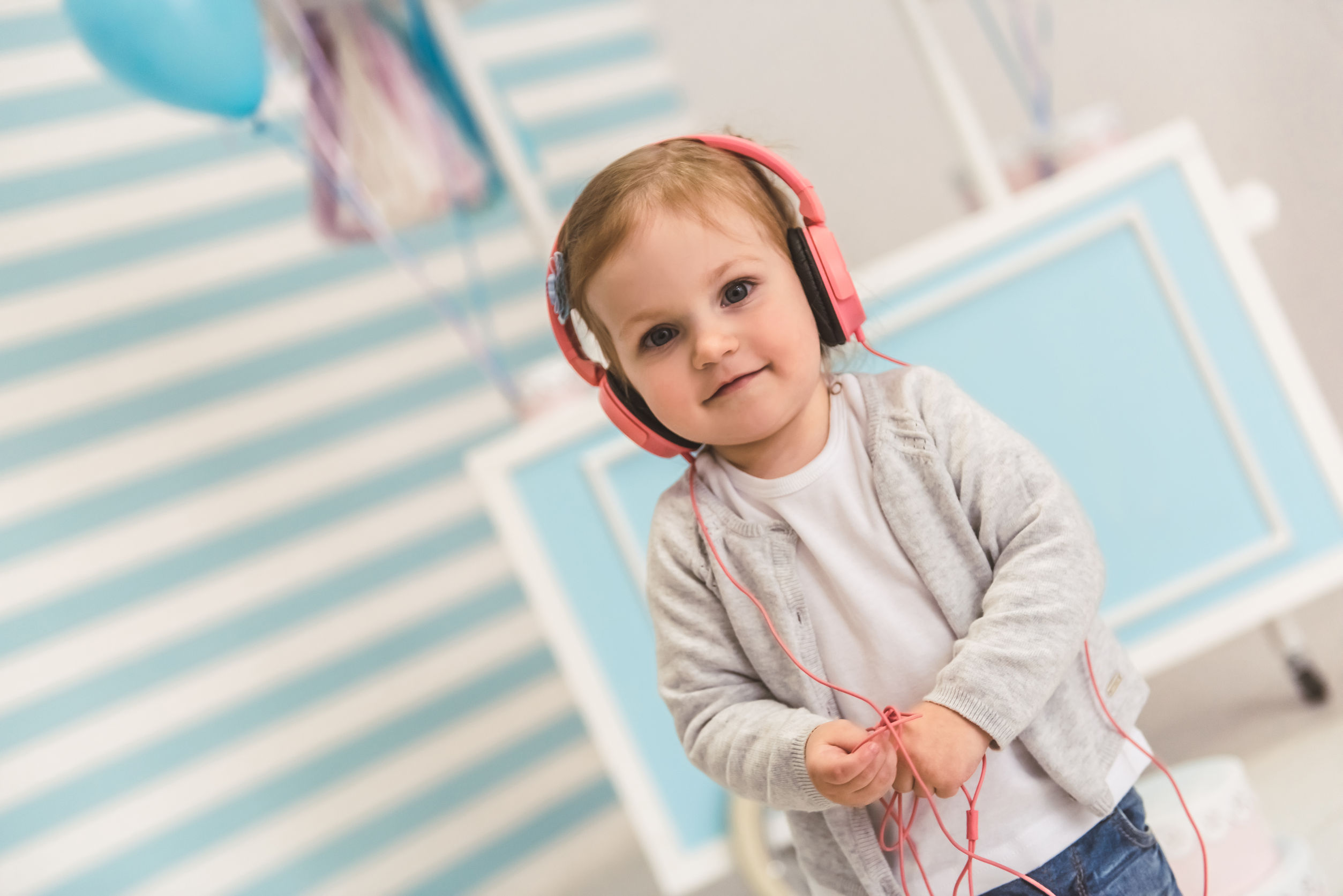Node Smith, ND
A very interesting article from JAMA Pediatrics, recently suggested that infant toys that produce words, songs and lights may be causing a decrease in the quantity and quality of language development.1 The study found an association between these “whiz-bang” games and toys and a decrease in language quality/quantity compared to more traditional infant toys and books.
High-tech isn’t synonymous with better language skills or other areas of development
There may be a tendency to think of “high-tech” toys for infants as promoting better language skills and other areas of development. After all, toys talk and play music, and are way more “fun” than they ever used to be. But, what this study points out is the importance of parent-child playtime for the development of language. More traditional games and toys typically mandate a little more involvement from the parent, which may be making all the difference.
The study was conducted with 26 parent-child pairs. Children were 10-16 months old.
Participants were given 3 sets of toys: electronic toys (baby laptop, talking farm, and baby cell phone); traditional toys (wooden puzzle, rubber blocks, shape sorter); 5 board books.
Findings: when children played with electronic toys, fewer adult words were used, and conversation was diminished
The study saw that when children played with electronic toys, fewer adult words were used, and conversation was diminished – the number of back and forth verbal exchanges between child and parent were lower than with other toys. Children also simply vocalized less with electronic toys than with the books.
Interesting find: parents used the most words while playing with books than any other type of toy
The study also showed that parents used the most words while playing with the books than any other type of toy. Content-specific words were highest while playing with books. And the most dramatic difference in language use was seen between the electronic toys and books, less so between the electronic toys and traditional toys.
The study conclusion is fairly definitive:
“These results provide a basis for discouraging the purchase of electronic toys that are promoted as educational and are often quite expensive. These results add to the large body of evidence supporting the potential benefits of book reading with very young children. They also expand on this by demonstrating that play with traditional toys may result in communicative interactions that are as rich as those that occur during book reading. … However, if the emphasis is on activities that promote a rich communicative interaction between parents and infants, both play with traditional toys and book reading can be promoted as language-facilitating activities while play with electronic toys should be discouraged.”
Source:
- Sosa AV. Association of the Type of Toy Used During Play With the Quantity and Quality of Parent-Infant Communication. JAMA Pediatrics. December 23 2015. doi:10.1001/jamapediatrics.2015.3753
Image Copyright: <a href=’https://www.123rf.com/profile_georgerudy’>georgerudy / 123RF Stock Photo</a>
 Node Smith, ND, is a naturopathic physician in Portland, OR and associate editor for NDNR. He has been instrumental in maintaining a firm connection to the philosophy and heritage of naturopathic medicine among the next generation of docs. He helped found the first multi-generational experiential retreat, which brings elders, alumni, and students together for a weekend camp-out where naturopathic medicine and medical philosophy are experienced in nature. Four years ago he helped found the non-profit, Association for Naturopathic ReVitalization (ANR), for which he serves as the board chairman. ANR has a mission to inspire health practitioners to embody the naturopathic principles through experiential education. Node also has a firm belief that the next era of naturopathic medicine will see a resurgence of in-patient facilities which use fasting, earthing, hydrotherapy and homeopathy to bring people back from chronic diseases of modern living; he is involved in numerous conversations and projects to bring about this vision.
Node Smith, ND, is a naturopathic physician in Portland, OR and associate editor for NDNR. He has been instrumental in maintaining a firm connection to the philosophy and heritage of naturopathic medicine among the next generation of docs. He helped found the first multi-generational experiential retreat, which brings elders, alumni, and students together for a weekend camp-out where naturopathic medicine and medical philosophy are experienced in nature. Four years ago he helped found the non-profit, Association for Naturopathic ReVitalization (ANR), for which he serves as the board chairman. ANR has a mission to inspire health practitioners to embody the naturopathic principles through experiential education. Node also has a firm belief that the next era of naturopathic medicine will see a resurgence of in-patient facilities which use fasting, earthing, hydrotherapy and homeopathy to bring people back from chronic diseases of modern living; he is involved in numerous conversations and projects to bring about this vision.




